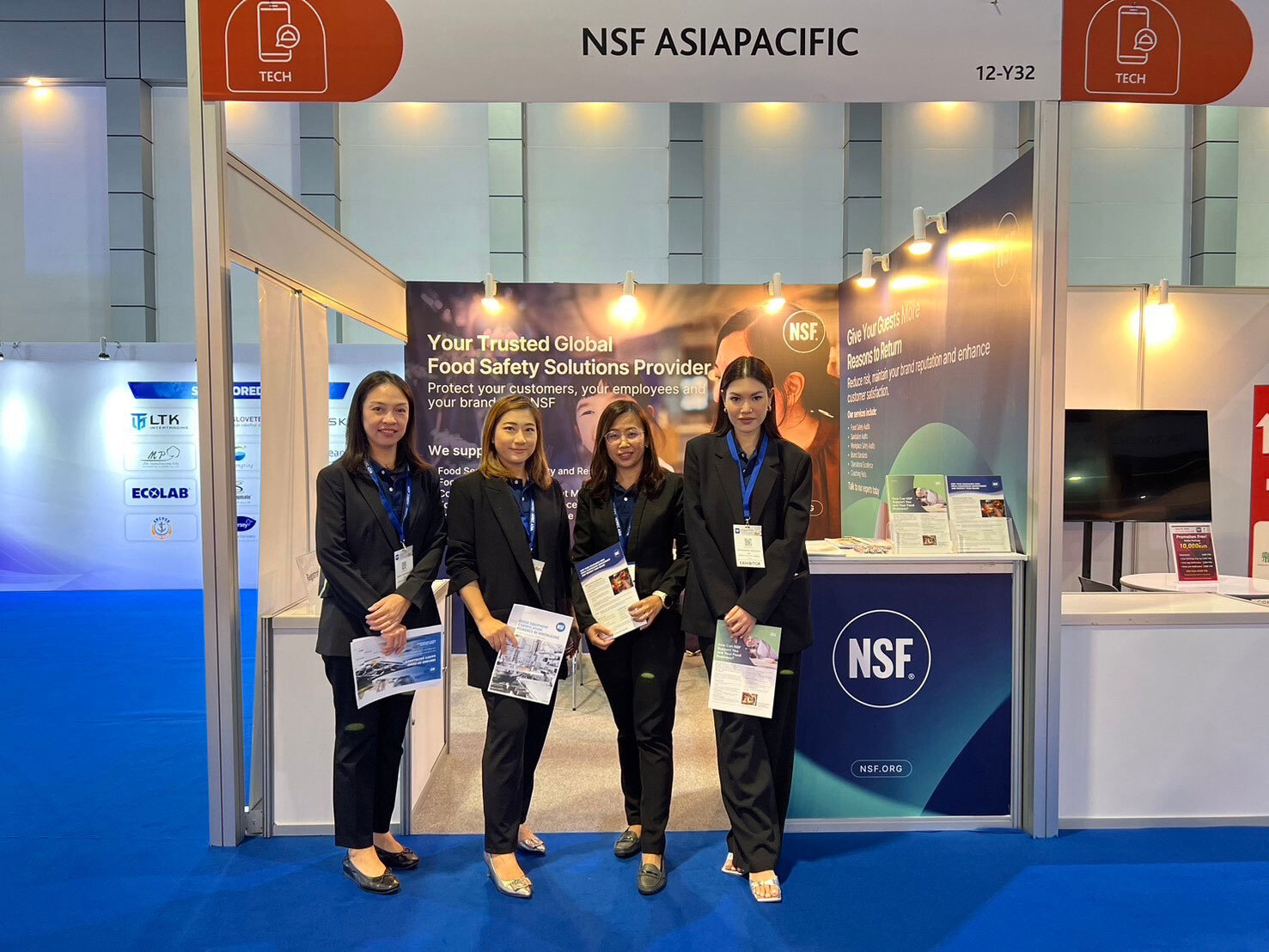NSF/ANSI 51, Food Equipment Materials Update and Implications for Your Products

NSF/ANSI 51, Food Equipment Materials was recently published to bring the standard in alignment with the final rule requirements of the U.S. Environmental Protection Agency (EPA) Safe Drinking Water Act regarding the use of lead-free pipes, fittings, fixtures, solder, and flux for drinking water. The national requirements for lead in drinking water have evolved at different points in time. NSF/ANSI 51 has also followed each federal requirement change to ensure that materials used in the construction of commercial food equipment that may have contact with water, coffee, or tea intended for human consumption continue to align with federal requirements.
What Instigated the Changes?
Major changes to the national requirements for lead content began as a result of the Reduction of Lead in Drinking Water Act of 2011 that introduced the current definition of 'lead free' which was revised from 8% to the current 0.25% weighted average. NSF/ANSI/CAN 372, Drinking Water System Components – Lead Content was then adopted to establish standardized methodology for the determination of lead content based on wetted surface areas of products. At this time, third party certification was one option for demonstrating compliance to the 0.25% weighted average lead content requirement but was not a federal requirement. Products were permitted to be self-certified at that time. NSF/ANSI 51 was updated to capture the change in allowable lead in brass or bronze materials from 8% to the current 0.25% weighted average lead content and referenced NSF/ANSI/CAN 372. This change only impacted equipment that contained brass or bronze materials in contact with water, coffee, or tea intended for human consumption. Since NSF/ANSI 51 does not permit lead as an intentional ingredient except for brass or bronze materials under certain conditions, and since third party certification for the 0.25% lead content requirement was not a mandatory requirement, the revisions first included in the 2014 edition of NSF/ANSI 51 were limited to redefining lead free associated with the use of brass and bronze materials.
The Impact on Food Equipment and Third-Party Certification
The EPA published a final rule in 2020 that refined the Reduction of Lead in Drinking Water Act. The changes include requiring third-party certification of products to meet the lead-free requirements of not more than a weighted average of 0.25 percent lead content. Other changes impacting commercial food equipment are clarifications made to intended product types to be defined as fixtures subject to these requirements. It was clarified that water heaters were included in all requirements and dishwashers are defined as a fixture subject to the requirements but are not required to be third party certified.
NSF/ANSI 51 – 2023: Revised Language
NSF/ANSI 51 – 2023 was published earlier this year with revised language regarding lead content requirements that now require equipment having any materials in contact with water, coffee, or tea which is intended for human consumption to be evaluated for weighted average lead content in accordance with NSF/ANSI/CAN 372. Previously this was only required by NSF/ANSI 51 for equipment having brass or bronze materials but is now required for all materials to ensure that all applicable food equipment products will include the lead content evaluation as part of the NSF Food Equipment Certification. NSF/ANSI 51 serves as a reference document to many NSF Food Equipment Standards and applies to all equipment certified to those standards. Many NSF Certified Food Equipment products have already been evaluated to the lead content requirements based on the previous NSF/ANSI 51 requirements, currently meeting the new requirements. Applicable items that have not yet been evaluated to the lead content requirements will require evaluation to the lead content requirements for ongoing compliance.
Not Sure if Your Products Comply? We’re Here To Help
If you would like us to look into this with you, please get in touch
NSF/ANSI 51-2023 Standard
Food Equipment Certification
How NSF Can Help You
Get in touch to find out how we can help you and your business thrive.

